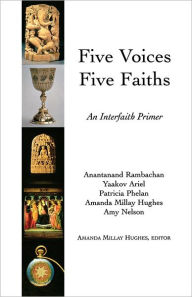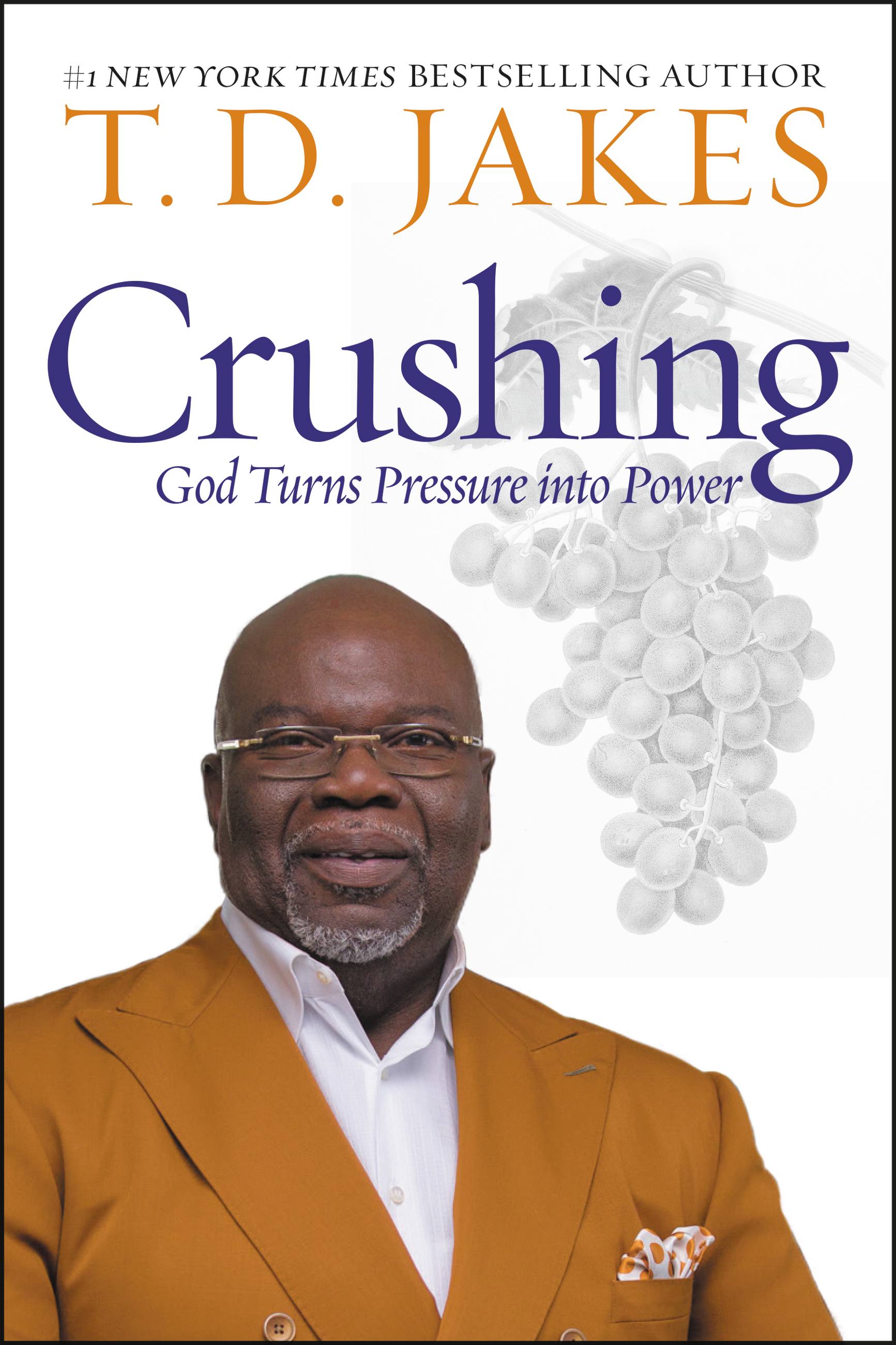Five Voices Five Faiths: An Interfaith Primer Amanda
by Milly Hughes
2020-04-23 19:39:30
Five Voices Five Faiths: An Interfaith Primer Amanda
by Milly Hughes
2020-04-23 19:39:30
In this unique book about the major religious traditions of the world, a practitioner from each tradition—Hinduism, Judaism, Buddhism, Christianity, and Islam—introduces the basics of his or her faith and participates in a conversation ab...
Read more
In this unique book about the major religious traditions of the world, a practitioner from each tradition—Hinduism, Judaism, Buddhism, Christianity, and Islam—introduces the basics of his or her faith and participates in a conversation about the challenges of being faithful in the modern world. Each essay and conversation is followed by a list of suggestions for further reading. Written for the non–specialist, Five Voices Five Faiths is an accessible book in which neighbors honor both our differences and our common bonds. Some may say that my only obligation to other non-Christian believers is to preach the good news of God in Christ Jesus. They may also believe that participating in interfaith dialogue and relationship, by the very nature of the task, causes me to disobey the gospel mandate to go into the world and make disciples of all people. I understand the position, and for much of my life subscribed to it. But today, as a middle-aged woman, with grown children and aging parents, another line from the Christian gospels compels me. Today, I reflect more deeply on the new commandment Jesus gave, to love one another as he has loved us. In order to be obedient to that commandment, I understand myself to be required to participate in conversations in which I am not afforded the last word or the luxury of full agreement, compliance, or conversion. This love requires that I involve myself in the lives of others, even when my most basic human instinct is to run, to hide, and to avoid the unfamiliar. The love that Jesus commands of me requires that I, as he has done before me, kindle and engender deep relationships with those others: the outcast, the unfamiliar, the different, and the very ones that we presume constitute the greatest threat to our institutional and cultural norms. —from the Introduction, by Amanda Millay Hughes
Less



























.jpeg)
.jpg)

